Exploring the Diverse Entities of the UN System and International Organizations
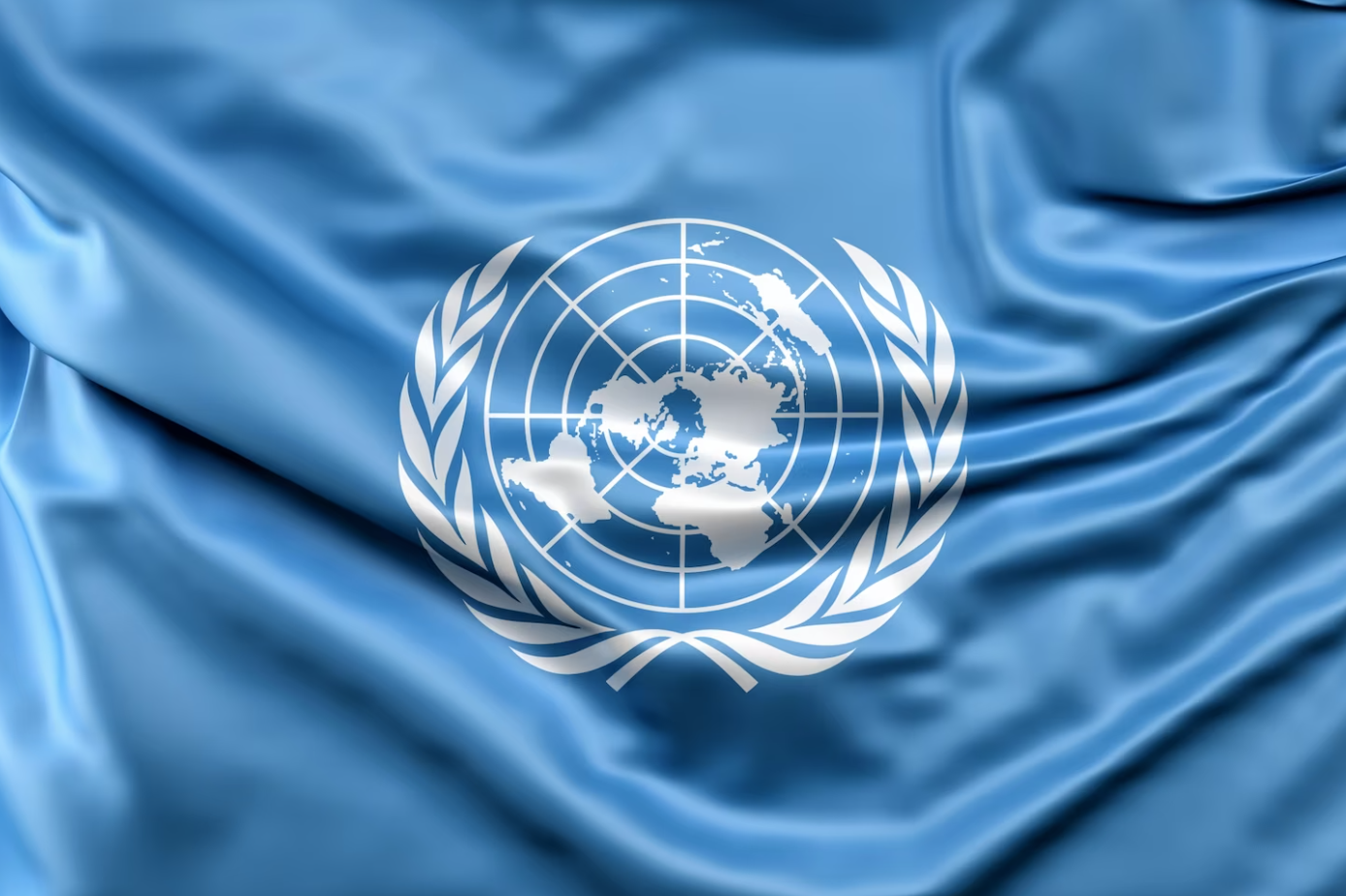
The UN system is comprised of various entities, including funds, programs, specialized agencies, and related organizations. These entities work together with the United Nations to achieve common goals and address global challenges. Let's explore each of these entities in more detail:
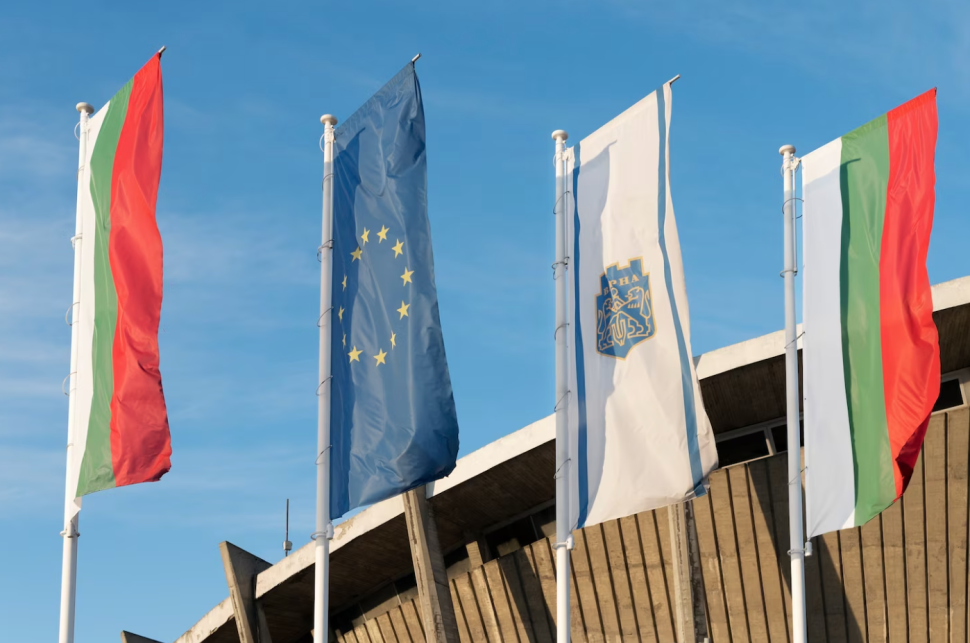
Funds and Programs:
1. United Nations Development Programme (UNDP): The UNDP operates in nearly 170 countries and territories, focusing on eradicating poverty, reducing inequalities, and building resilience. It plays a critical role in helping countries achieve the Sustainable Development Goals (SDGs).
2. United Nations Environment Programme (UNEP): Established in 1972, UNEP acts as the voice for the environment within the UN system. It promotes sustainable development and advocates for the wise use of global environmental resources.
3. United Nations Population Fund (UNFPA): UNFPA is the lead UN agency working towards ensuring that every pregnancy is wanted, every birth is safe, and every young person's potential is fulfilled. It focuses on reproductive health, population dynamics, gender equality, and youth empowerment.
4. United Nations Human Settlements Programme (UN-Habitat): UN-Habitat promotes socially and environmentally sustainable human settlements development, with a mission to achieve adequate shelter for all. It works to improve urbanization and address urban challenges.
5. United Nations Children's Fund (UNICEF): UNICEF works in 190 countries and territories to save children's lives, defend their rights, and help them reach their full potential. It focuses on child health, education, protection, and social inclusion.
6. World Food Programme (WFP): The WFP aims to eradicate hunger and malnutrition worldwide. As the world's largest humanitarian agency, it provides assistance to around 100 million people in approximately 88 countries through food and cash distributions.

UN Specialized Agencies:
7. Food and Agriculture Organization (FAO): The FAO leads international efforts to combat hunger and promote sustainable agriculture. It provides technical assistance and knowledge to support food security, rural development, and the sustainable use of natural resources.
8. International Civil Aviation Organization (ICAO): ICAO develops global standards and regulations for civil aviation to ensure safe and efficient air transport worldwide. It helps member states cooperate and share airspace for socio-economic benefits.
9. International Fund for Agricultural Development (IFAD): IFAD focuses on rural poverty reduction by working with poor rural populations in developing countries. It aims to improve agricultural productivity, raise incomes, and enhance the overall well-being of rural communities.
10. International Labour Organization (ILO): The ILO promotes international labor rights and sets labor standards through conventions and recommendations. It addresses issues such as forced labor, child labor, workplace safety, and workers' rights to fair wages and decent working conditions.
11. International Monetary Fund (IMF): The IMF fosters economic growth and stability by providing financial assistance, policy advice, and technical assistance to its member countries. It promotes international monetary cooperation and exchange rate stability.
12. International Maritime Organization (IMO): IMO is responsible for establishing global shipping regulations and promoting maritime safety, security, and environmental protection. It sets standards for vessel construction, operation, and management.
13. International Telecommunication Union (ITU): ITU is the specialized agency for information and communication technologies within the UN system. It aims to connect all people worldwide and ensure equitable access to communication infrastructure and services.
14. United Nations Educational, Scientific, and Cultural Organization (UNESCO): UNESCO focuses on promoting education, preserving cultural heritage, fostering scientific cooperation, and advocating for freedom of expression. It aims to build inclusive knowledge societies and promote cultural diversity.
15. United Nations Industrial Development Organization (UNIDO): UNIDO works towards inclusive and sustainable industrial development to reduce poverty and promote economic growth. It provides technical assistance, promotes investment, and supports innovation in developing
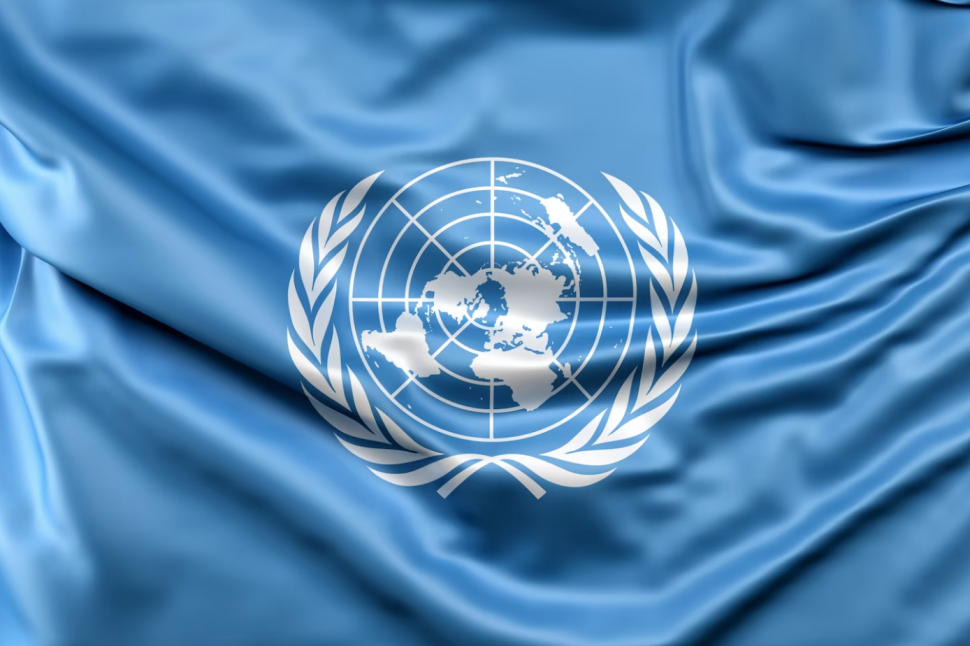
UN System Entities:
16. UNDP (United Nations Development Programme): UNDP works in nearly 170 countries and territories to eradicate poverty, reduce inequalities, and build resilience. It plays a critical role in helping countries achieve the Sustainable Development Goals (SDGs) through various programs and initiatives.
17. UNEP (United Nations Environment Programme): UNEP, established in 1972, acts as the voice for the environment within the UN system. It promotes the wise use and sustainable development of the global environment through advocacy, education, and facilitation.
18. UNFPA (United Nations Population Fund): UNFPA is the lead UN agency working towards a world where every pregnancy is wanted, every birth is safe, and every young person's potential is fulfilled. It focuses on reproductive health, gender equality, population dynamics, and youth empowerment.
19. UN-HABITAT (United Nations Human Settlements Programme): UN-HABITAT's mission is to promote socially and environmentally sustainable human settlements development and achieve adequate shelter for all. It works towards improving housing conditions, urban planning, and sustainable urban development.
20. UNICEF (United Nations Children's Fund): UNICEF works in 190 countries and territories to save children's lives, defend their rights, and help them reach their full potential. It focuses on areas such as health, education, child protection, and social inclusion.
21. WFP (World Food Programme): WFP aims to eradicate hunger and malnutrition globally. As the largest humanitarian agency, it provides assistance to almost 100 million people in approximately 88 countries through food and cash distributions, nutrition support, and other activities. WFP was awarded the Nobel Peace Prize in 2020.
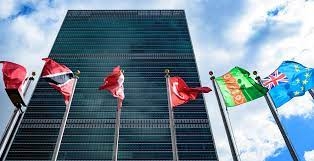
UN Specialized Agencies:
22. FAO (Food and Agriculture Organization): FAO leads international efforts to fight hunger and improve agricultural practices. It acts as a forum for negotiating agreements and provides technical knowledge and information to aid agricultural development.
23. ICAO (International Civil Aviation Organization): ICAO develops global standards for air transport and assists its member states in achieving safe, efficient, and sustainable aviation operations.
24. IFAD (International Fund for Agricultural Development): IFAD focuses on rural poverty reduction and works with poor rural populations in developing countries to eliminate poverty, hunger, and malnutrition. It aims to raise productivity, improve incomes, and enhance the quality of life in rural areas.
25. ILO (International Labor Organization): ILO promotes international labor rights and sets standards on labor-related issues such as freedom of association, collective bargaining, forced labor abolition, and equal opportunity and treatment.
26. IMF (International Monetary Fund): IMF fosters economic growth and employment by providing financial assistance to countries facing balance of payments difficulties. It also offers technical assistance and advice to promote economic stability and development.
27. IMO (International Maritime Organization): IMO establishes shipping regulations to ensure safety, environmental protection, legal compliance, and efficiency in international maritime operations.
28. ITU (International Telecommunication Union): ITU is the UN specialized agency for information and communication technologies. It works towards connecting all people worldwide and protecting their fundamental right to communicate.
29. UNESCO (United Nations Educational, Scientific and Cultural Organization): UNESCO focuses on various aspects of education, science, culture, and communication. Its work includes promoting educational opportunities, protecting cultural heritage, and fostering international collaboration in scientific research.
30. UNIDO (United Nations Industrial Development Organization): UNIDO promotes inclusive and sustainable industrial development to reduce poverty and achieve environmental sustainability. It assists developing countries in enhancing their industrial capacities and competitiveness.
31. UNWTO (World Tourism Organization): UNWTO is responsible for promoting responsible, sustainable, and universally accessible tourism. It works to maximize the socioeconomic benefits of tourism while minimizing its negative impacts.
32. UPU (Universal Postal Union): UPU serves as the primary forum for cooperation between postal sector players. It helps ensure a universal network of modern postal products and services.
33. WHO ( World Health Organization): WHO is the specialized agency for global health within the UN system. It is responsible for coordinating international efforts to combat diseases, promote health, and provide technical assistance to countries. WHO works on a wide range of health issues, including pandemic preparedness, disease control, health systems strengthening, and promoting universal health coverage.
34. WIPO (World Intellectual Property Organization): WIPO promotes the protection of intellectual property rights globally. It facilitates the development and use of intellectual property, including patents, trademarks, copyrights, and designs, to support innovation, creativity, and economic growth.
35. WMO (World Meteorological Organization): WMO is responsible for promoting international cooperation in meteorology, climatology, hydrology, and related fields. It works to improve weather forecasting, climate monitoring, and disaster risk reduction to protect lives and property.
36. WTO (World Trade Organization): WTO is the global organization that deals with the rules of trade between nations. It provides a platform for negotiating trade agreements, resolving disputes, and ensuring the smooth flow of international trade. WTO aims to promote economic growth, development, and job creation while ensuring fair and transparent trade practices.
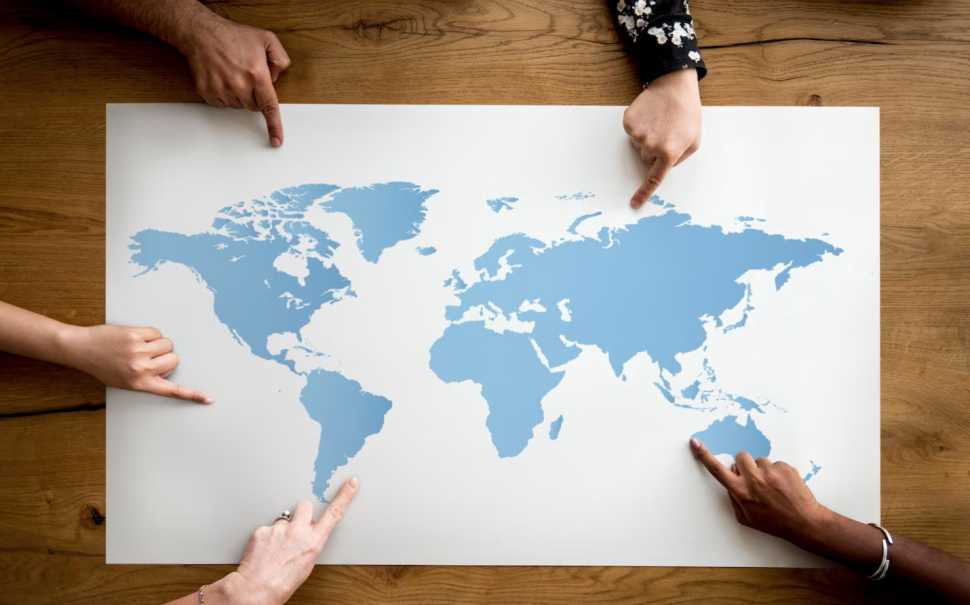
In addition to the UN system entities and specialized agencies, there are numerous other international organizations and entities that work closely with the UN on various global issues. These include regional organizations like the African Union (AU), European Union (EU), and the Organization of American States (OAS), as well as non-governmental organizations (NGOs) and civil society groups that collaborate with the UN on specific initiatives and projects.
The United Nations system encompasses a vast network of entities, specialized agencies, and related organizations, all working towards the common goal of promoting peace, development, and human rights. From the UN itself to the specialized agencies, funds, programs, and other entities, each plays a unique role in addressing global challenges and advancing the sustainable development agenda.

These entities cover a wide range of areas, including humanitarian assistance, development, education, health, human rights, environment, labor rights, and more. By working in collaboration with governments, civil society, and other stakeholders, they strive to achieve the UN's objectives and improve the lives of people worldwide.
The UN system provides a platform for dialogue, cooperation, and collective action, enabling member states to address complex issues on a global scale. The specialized agencies bring their expertise and knowledge in specific fields, contributing to the overall efforts of the UN system. Additionally, related organizations and entities play a crucial role in areas such as disarmament, migration, climate change, and international trade.

As we navigate an increasingly interconnected world, the importance of these entities and organizations cannot be overstated. Their work complements and supports the efforts of the UN, amplifying its impact and addressing diverse challenges that require global cooperation.

By understanding the roles and functions of these entities, we gain insight into the intricate workings of the UN system and the broader international community. It is through their collective efforts that we can strive towards a more peaceful, just, and sustainable world.
Sources
- United Nations. (n.d.). About the UN System. Retrieved from https://www.un.org/en/about-us/un-system
- United Nations Development Programme. (n.d.). About Us. Retrieved from https://www.undp.org/about-us
- United Nations Environment Programme. (n.d.). About UNEP. Retrieved from https://www.unep.org/about-us
- United Nations Population Fund. (n.d.). About Us. Retrieved from https://www.unfpa.org/about-us
- United Nations Human Settlements Programme. (n.d.). About UN-HABITAT. Retrieved from https://unhabitat.org/about-us
- United Nations Children's Fund. (n.d.). About UNICEF. Retrieved from https://www.unicef.org/about-us
- World Food Programme. (n.d.). About WFP. Retrieved from https://www.wfp.org/about
- Food and Agriculture Organization. (n.d.). About FAO. Retrieved from http://www.fao.org/about/en/
- International Labour Organization. (n.d.). About the ILO. Retrieved from https://www.ilo.org/global/about-the-ilo/lang--en/index.htm
- World Health Organization. (n.d.). About WHO. Retrieved from https://www.who.int/about/mission/en/
- World Trade Organization. (n.d.). Understanding the WTO: What We Stand For. Retrieved from https://www.wto.org/english/thewto_e/whatis_e/wto_dg_stat_e.htm
- World Intellectual Property Organization. (n.d.). About WIPO. Retrieved from https://www.wipo.int/about-wipo/en/
- World Meteorological Organization. (n.d.). About WMO. Retrieved from https://public.wmo.int/en/about-us
- United Nations. (n.d.). System Organizations. Retrieved from https://www.un.org/en/sections/about-un/system-organizations/index.html









